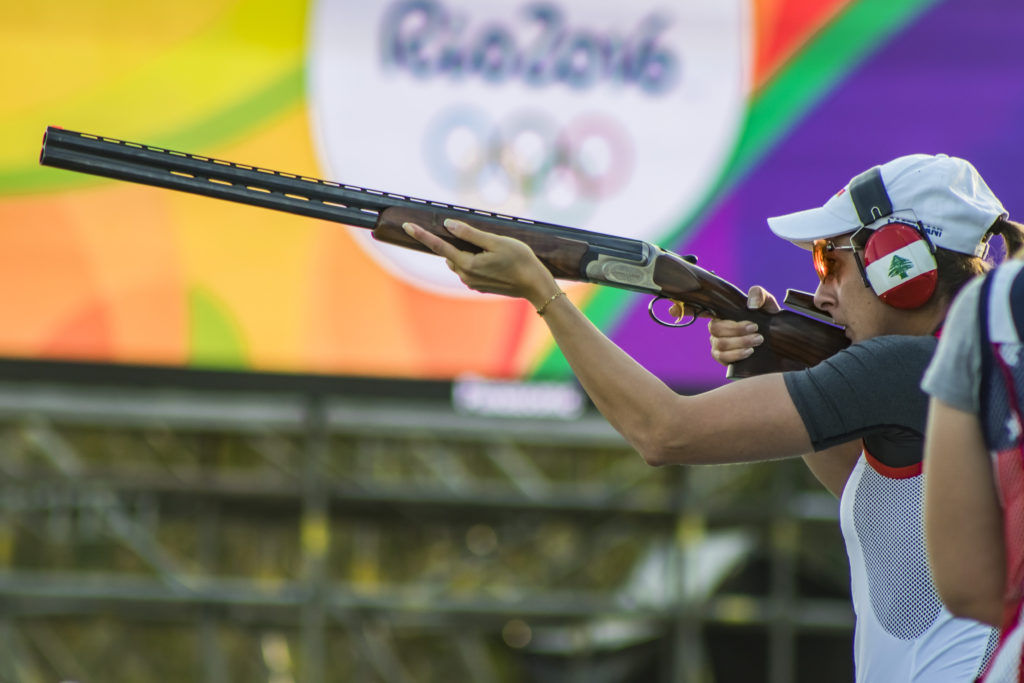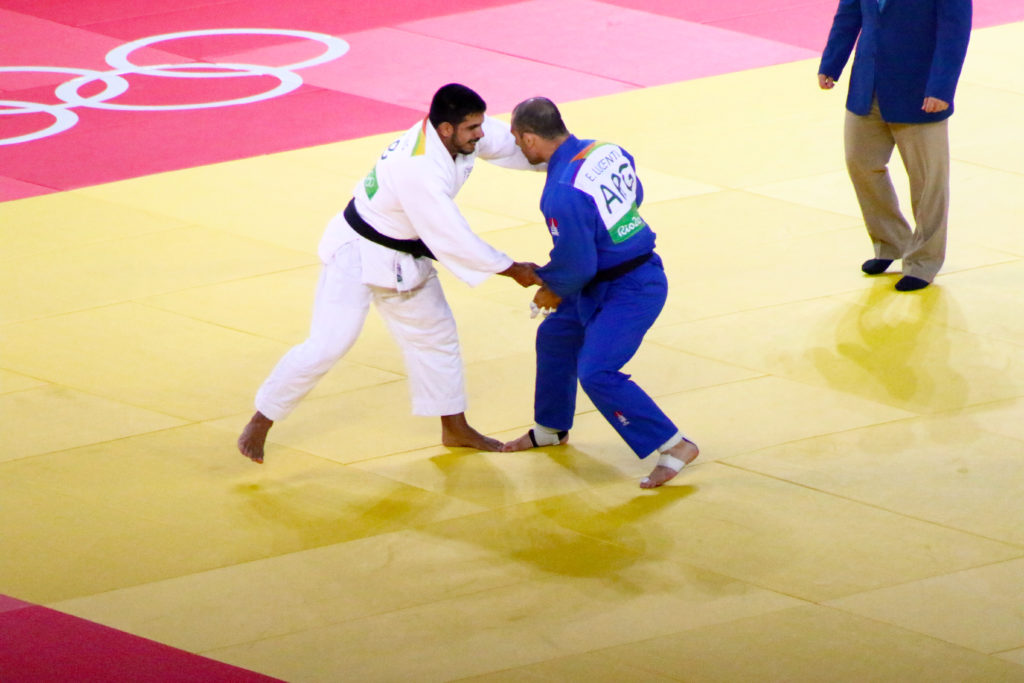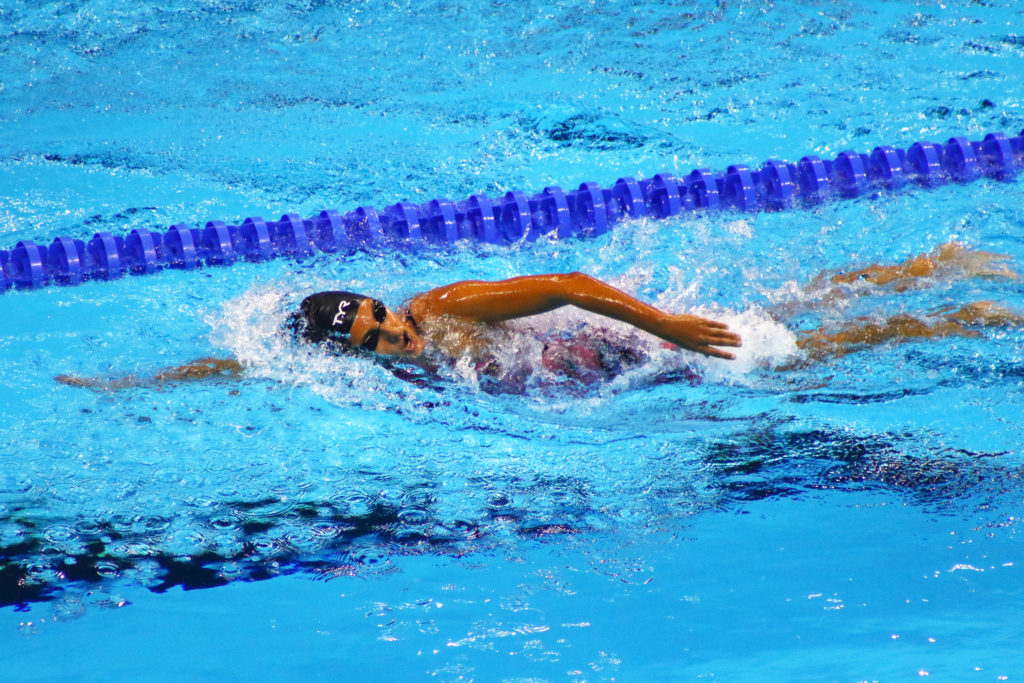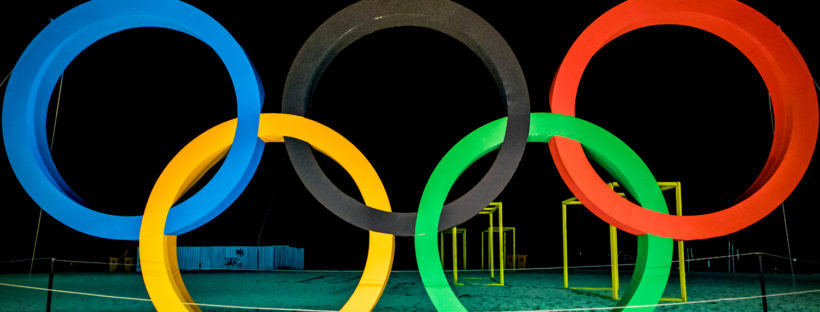Corona hits, Olympics are postponed, competitions are suspended, an athlete’s season is put on hold; that’s the harsh reality every athlete should accept.
The global economy is affected and sport is no longer on the priority list. Over the decades, sport has evolved from amateurism to professionalism. However, even if sport is a profession nowadays, its life spam is short to say the least. It is also so fragile that it could come to a premature end by an injury or a pandemic.
What hit the world is unprecedented; for the first time in history, the Olympic Games are postponed, and still, uncertainty surrounds the possibility of hosting the 2020 Tokyo Olympic Games in 2021.
In Lebanon, our story is slightly different from what people abroad are used to. We have a mere handful of professional athletes, let alone team sports. Most of the athletes are amateurs who are either working or studying, and putting aside their social and family life to focus on their athletic dreams.
Regardless of their level, every athlete trains for a specific goal, be it winning a gold medal at the Olympic Games or improving their own performances. This pandemic spared no one.
For Tokyo 2020, only one Lebanese athlete has made the cut so far; Ray Bassil qualified in Trap Shooting after winning the Asian Championship in Doha, Qatar, to secure a third Olympic appearance (London 2012, Rio 2016 and Tokyo 2020). Today, after the postponement, she is forced to adapt and change her initial plans:
“My husband and I were planning to grow a family after the Olympics that were supposed to be held in July-August, now the plans have changed,” said Ray.
Since October 2019, Lebanon has been sinking economically. The situation is getting even worse and is directly affecting the athletes’ priorities. Due to the absence of competitions, athletes are losing sponsors and deals. When sport is their sole source of income, the situation is pushing them towards dual career to be able to provide for themselves and for their families.
“My contract with my sponsor will end this year. We don’t have a guarantee that they will push it for one more year,” Ray commented.
Despite staying at home, working as hard as possible, and trying to stay positive, uncertainty is not easy to deal with for athletes like Ray. They are putting their focus on a target that is constantly moving.

The IOC declared that all athletes who have met the qualification criteria for Tokyo 2020 remain qualified for 2021. But those who haven’t secured a qualifying spot will have to wait for the updated qualification system to be published by the International Federations and the International Olympic Committee.
At the western side of the globe, Nacif Elias was in a good position to secure the continental quota (Asia) for Tokyo 2020, based on his ranking (61st) in the -81kg category in Judo. This ranking is considered provisional as it shows which judoka will guarantee a spot if the Olympic Games were to be held on this day. Once the updated qualification system is published by the International Judo Federation, we will have to wait for the last day of the qualification period (redefined by the IJF) to see whether or not Nacif will get a continental quota.
Nacif is currently exerting all his efforts in his home in Brazil to keep his goal in sight. He was considered a medal contender in Rio 2016, his Olympic Dream shattered in the blink of an eye when he was disqualified in his first fight, on his home soil.
“Motivation is essential for your success in sport. Without desire and determination, all aspects of training are meaningless,” said Nacif. “I want to bring a historical medal for Lebanon and keep this dream alive.”

Not only is competition an opportunity for athletes to measure their improvement, but it is also an opportunity to experience ultimate happiness by surpassing themselves, both physically and mentally, to deliver their ultimate best. Athletes are hungry for this feeling; it is what they live for/strive for, that’s why the absence of competitions weighs them down.
In Canada, Gabriella Doueihi hasn’t been able to even dip her toes in the water for five weeks now. The swimmer was the youngest athlete on the national team for Rio 2016 Summer Olympic Games.
“I was training for 2 qualification events which were scheduled for March/April. The first one was cancelled a few hours before leaving to the event, so I had to do a practice instead and that was my last practice. It was unexpected,” said Gabriella.
Sport gives us qualities which will help us overcome these tough times: “Our sport has taught us that we can come back stronger and that’s what we will have to do when the time comes. But for the time being, staying at home is the best option,” she added.

Whether they go back to regular practice tomorrow or on any other day, athletes will be even more grateful to do what they love. This pandemic is like an injury every athlete on the planet is suffering from at once, the only difference is that not everyone will bounce back from it at the same time and in the same mindset; some will quit, some will come back stronger, the toughest will definitely shine again.
By Christel Saneh.
Special thanks to Tony Tarraf for his input especially regarding the qualification system and Ghina Chehwan for being an amazing editor.
